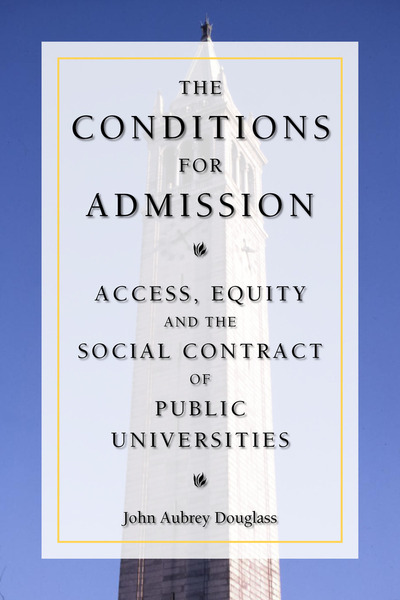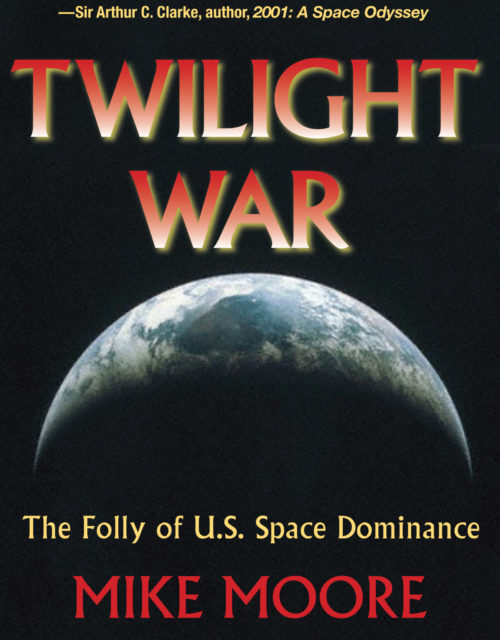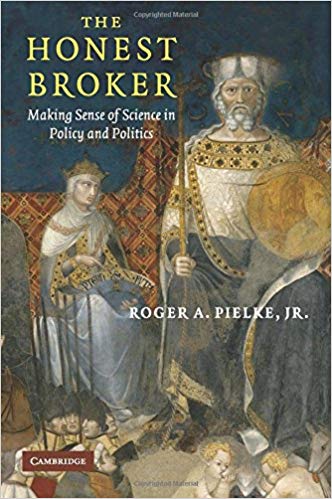The Path Not Studied
Every issue explores cutting-edge developments in technology, medicine, education, climate change, and much more. Articles provide in-depth analyses of science and technology’s impact on public policy, the economy, and society—bringing today’s best minds to bear on tomorrow’s most critical topics.
Editor's Journal
The Path Not Studied
Corporate executives, elected officials, political analysts, leading academics, and the rest of the national elite have formed a chorus of voices proclaiming the value of more and better education for all Americans.… Read More
From the Hill
From the Hill – Summer 2008
Bush signs genetic nondiscrimination bill On May 21, President Bush signed a bill that bans health insurers and employers from discriminating against anyone whose genetic information shows a predisposition to illnesses such… Read More
Perspectives
It’s about More than Money
Presidential Science Advisor John Marburger’s call for a new science of science policy has led the National Science Foundation to initiate a program to support the development of more rigorous empirical and … Read MoreResearch Funding via Direct Democracy: Is It Good for Science?
On November 2, 2004, California voters passed the California Stem Cell Research and Cures Bond Act of 2004, popularly known as Prop 71. Its purpose and intent was to, among other things:… Read More
Real Numbers
Connecting Jobs to Education
Contrary to popular opinion, attaining at least a bachelor’s degree is not the only, nor in all cases the best, route to success. Nor is it the norm. Most jobs do not… Read More
Features
A New Manhattan Project for Clean Energy Independence
In 1942, President Franklin D. Roosevelt asked Sen. Kenneth McKellar, the Tennessean who chaired the Appropriations Committee, to hide $2 billion in the appropriations bill for a secret project to win World… Read MoreStrategies for Today’s Energy Challenge
The energy challenge the United States faces today is different from and more encompassing than what it encountered even a few years ago. Until fairly recently, at least in Washington, the energy… Read MoreThe Crisis in Adult Education
During the past several decades, a dramatic increase in the educational attainment of the U.S. labor force has helped boost worker productivity and fuel national economic growth. However, the demographic forces that… Read MoreSchools of Dreams More Education Is Not an Economic Elixir
The idea that education is the key to economic success is widely and rightly popular—for individuals. A person who makes it through high school, then college, and then graduate school is likely… Read MoreFixing the Parole System
About 600,000 felons will be released from prison this year in the United States and begin some form of official supervision, usually parole. But the nation’s system for managing them in the… Read MoreBuilding a Wider Skills Net for Workers
The skills of workers in the United States are critical to their own economic performance as well as to that of society at large. But today, despite the nation’s generally healthy economic… Read MoreCommunity Colleges under Stress
It is now generally recognized that a high-school degree is no longer sufficient to achieve a family-supporting income in today’s society. Society is increasingly divided by income, and income is highly correlated… Read More
Book Reviews

College admissions and exclusions
A nation’s competitiveness in a global knowledge-based economy depends on the education levels of its population. However, the United States no longer leads the world in college completion rates. Inequalities in college… Read More
Achieving space security
These two books, although very different in intent and style, converge on a fundamental conclusion: If the United States wants to continue to enjoy the benefits of space security, defined by James… Read More
Can Science Policy Advice Be Disinterested?
The Honest Broker by Roger A. Pielke Jr., an environmental studies professor at the University of Colorado, has many strengths, including lucidity, refreshing common sense, and a good instinct for the relevant… Read More
Archives – Summer 2008
VIK MUNIZ, Carcere VII, The Drawbridge, after Piranesi, Cibachrome photograph, 42 × 32 inches, 2002. Carcere VII, The Drawbridge, after Piranesi Brazilian-born artist Vik Muniz, who often uses common but ephemeral materials,… Read More
